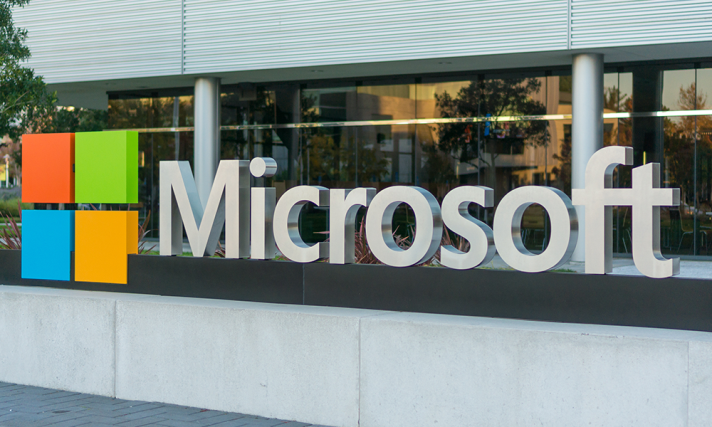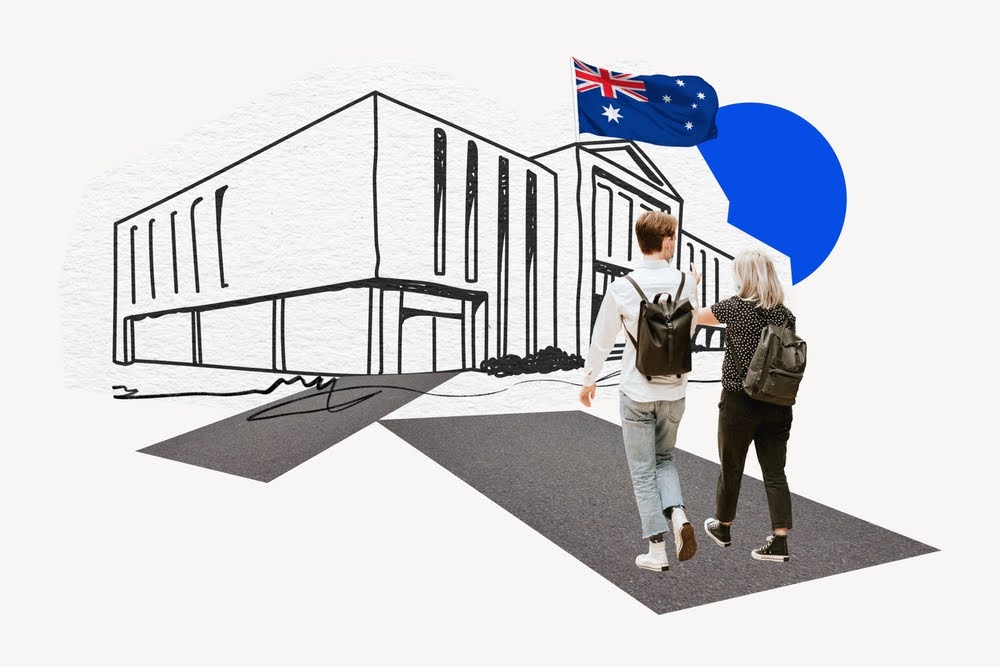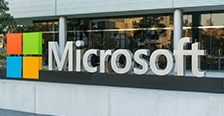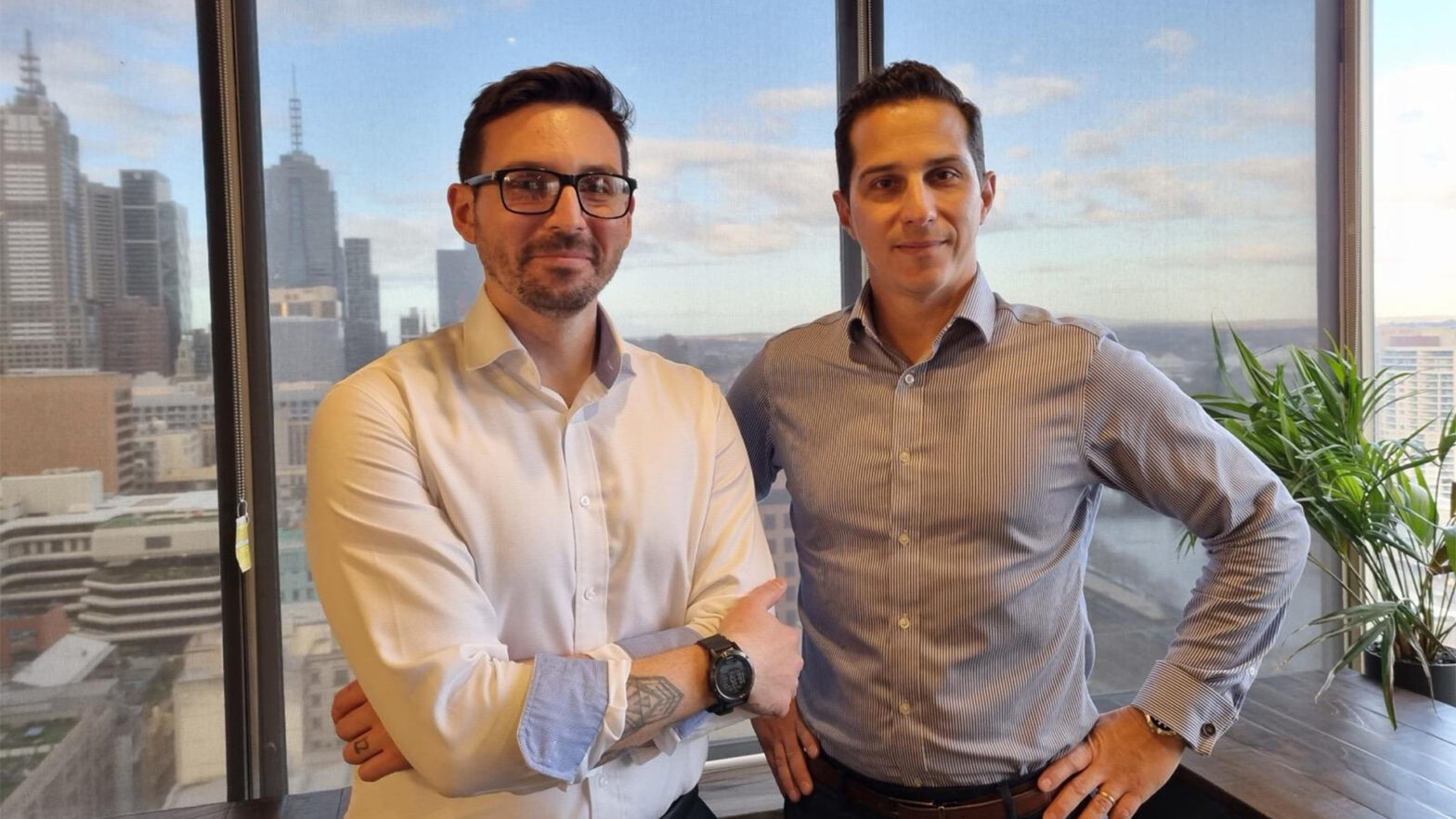
Microsoft today launched the Microsoft Student Partners (MSP) program in Cambodia, in partnership with local non-governmental organization (NGO) STEM (science, technology, engineering and mathematics) Cambodia at an opening event at the Royal University of Phnom Penh. Microsoft Student Partners aims to cultivate technology skills among youths by providing a platform to grow student communities focused on technology, access the latest technology tools and resources.
Microsoft expects to recruit about 100 MSPs from tertiary institutions in the next 12 months through STEM Cambodia. Selected MSPs will be appointed as ambassadors for Microsoft on their campuses and host events to share their knowledge and passion for technology with fellow classmates. They will have access to training, latest technologies and reference materials, and opportunities to work alongside Microsoft professionals. In addition, there will be many opportunities to build leadership and communication skills through organizing events, workshops, hackathons and technology demonstrations.
Rena Chai, Marketing and Operations Lead, SEA New Markets, Microsoft said: “Youth unemployment remains a major challenge in many parts of the Asia Pacific region. A key hurdle that young people face is developing the right skills for tomorrow’s job market. We are committed to empowering young people to achieve a better future and close the youth opportunity divide. Our collaboration with STEM Cambodia to bring the Microsoft Student Partners program to Cambodian students will help increase access to technology and develop the technical skills needed in an increasingly tech-fueled global economy.”
The MSP program accepts student studying full-time in a tertiary education institution at polytechnics or universities and need not be studying in a School of IT, Engineering or other related courses. As a MSP, students organize events to achieve outcomes that are determined as a group. These can be general workshops on Windows or Office or a campaign to get classmates to write an app, among other roles such as developers and designers.
Closing the technology skills gap and reaching youth across the Asia Pacific region is a multi-faceted challenge that cannot be solved by one organization alone. As such, Microsoft’s partnerships with NGOs such as STEM Cambodia mean that more youth, especially in underserved communities and diverse populations in the region will have access to computer science education and build skills critical for future success.
Allen Dodgson Tan, Managing Director, STEM Cambodia, said: “We are thrilled to be able to work with Microsoft to provide Cambodian students with a global technology platform to build their technical knowledge, leadership and communication skills. These are areas critical for human resource development in Cambodia. We strongly believe that all youth should be equipped with a basic understanding of computer science and computational thinking to prepare them for the future. Through this program, Microsoft is providing these opportunities to university students at public and private institutions.”
William A. Heidt, U.S. Ambassador to Cambodia, said: “Promoting STEM education among the next-generation of talent is key for Cambodia’s continuing development of a fast-growing, open, and knowledge-based economy. We are delighted that leading U.S. companies like Microsoft are providing opportunities to develop Cambodia’s digital talent and support future leaders in science and technology.”
Wellington Perera, Developer Experience (DX) Lead, SEA NEW Markets, Microsoft said: “The Microsoft Student Partners program has been successful in many countries across the Asia Pacific region with the brightest and most innovative student developers and technology enthusiasts chosen. It’s a once in a lifetime opportunity for aspiring students to develop real-world skills in leadership, teamwork and communication needed for future careers, learn new tools and technologies, organize events and hackathons and connect with like-minded students.”
The MSP program commenced in 2006 and is now present in more than 100 countries around the world, represented by 656 MSPs from 275 tertiary institutions. Many of the former MSPs have returned to the program to contribute as mentors and pitch their technology ideas in a global student competition Microsoft Imagine Cup.
September 20th 2016





























